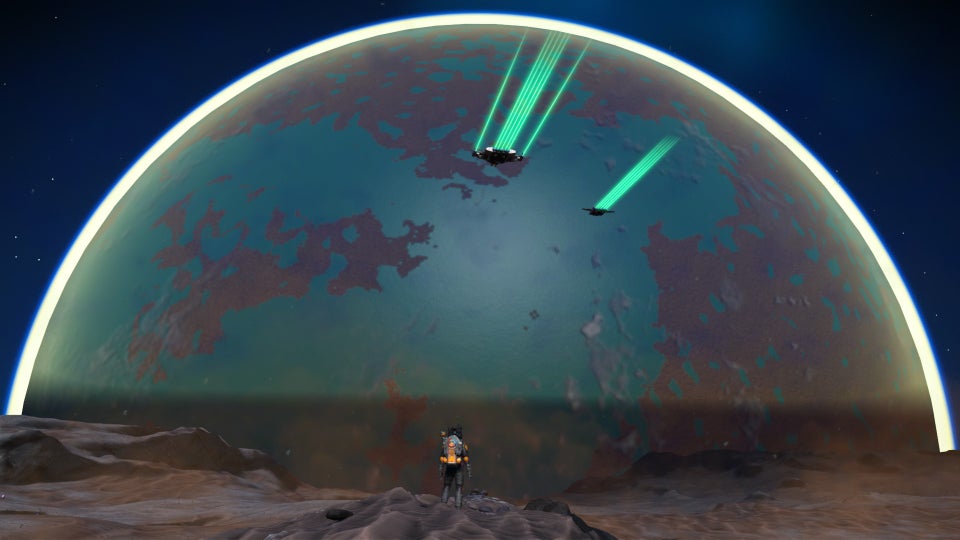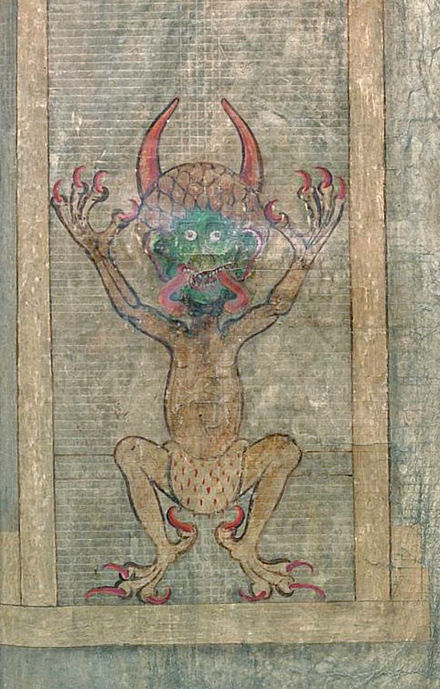Is fiction “theory”? is “theory” fiction?

Suppose Flusser is “wrong” about most things. He could only be wrong in the sense of someone working within a scientific model–probably a rather narrow one at that, someone who expects to predict something, or a lot of things, accurately. No one would claim that a novelist or poet — maybe not even a philosopher — had been “wrong” (with the philosopher, it seems to be about strict rules of thinking). The criteria that apply to fiction are more likely to bear on the medium, the use of language, or the resonance that the construction finds among its recipients. I’ve just been reading Heinlein’s The Moon is a Harsh Mistress, an old book, but one that projects a clear, very ambitious, and very provocative “model” of us as a race–our behaviour, values, variety, limitations (especially good on our hopes and fears in connection with computers), etc. It’s isn’t “right”; it’s provocative. I think Flusser would judge a novel or a theory book or a piece of scientific research or a photograph on one criterion, namely whether the information was new or redundant, provocative or (comfortably) reassuring.
Rene Girard (To Double Business Bound: Essays on Literature, Mimesis and Anthropology) pointed out that novelists have invented quite regularly invented detailed and consistent theories of, say, psychology or sociology or economics in order to construct their fictive worlds. Why is it that Freud’s “weird fairytale” (his words, I believe) about Oedipus is singled out from all of these as somehow THE story, the measure, of everyone?


